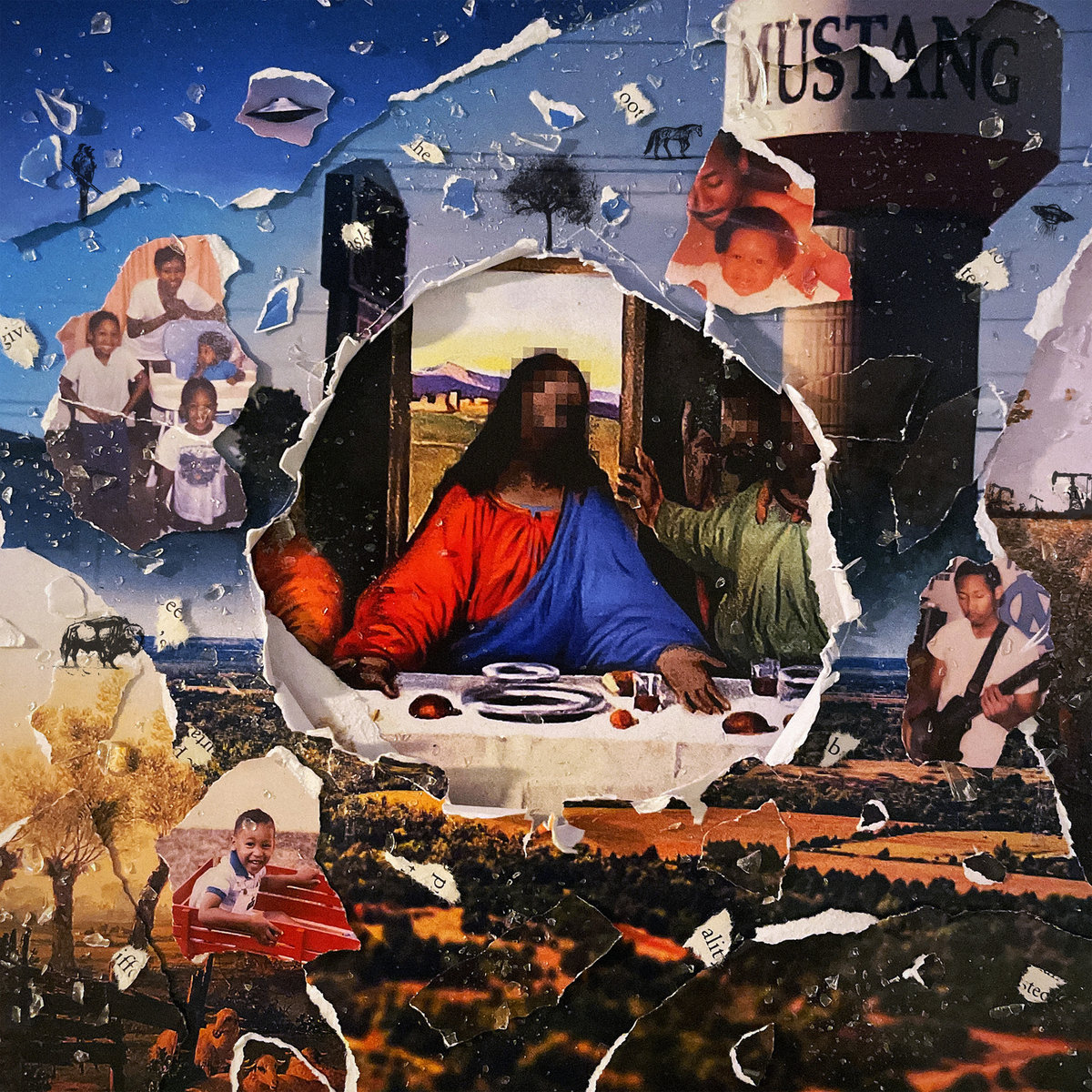Bartees Strange
Farm to Table
4AD
Bartees Strange’s genre-busting Live Forever was a memorably refreshing debut statement released toward the tail end of 2020. Its polymathic brew of emo, rap, rock, soul, folk, and electronica dropped into the indie rock community pool and has continued to ripple outward over the past two years. Since that time, the D.C.-based artist has toured with Phoebe Bridgers, Car Seat Headrest, and other stars of indie rock, performed on Late Night with Seth Meyers, and signed with the iconic label 4AD for his intimate sophomore effort, Farm to Table. Strange is thankfully still not settling into one particular style, and that’s certainly part of his ongoing allure.
For the dreamy opening track “Heavy Heart,” Strange showcases some of his best rock habits. The guitars crunch in a wall of sound as a torrent of snare rolls propel everything forward like one of Strange’s favorite bands, The National, who he covered on his 2020 EP Say Goodbye to Pretty Boy. The rock-solid track eventually erupts during the bridge with an explosion of brass and rap lyricism. For any other artist, this would be a total musical mire, but Strange pulls it together with quiet aplomb. “Mulholland Dr.” is a pealing emo track in the style of Local Natives about trying to get over a past relationship, knowing how to gracefully accept defeat, and wondering when and how we’ll die. This and the electro-pop “Wretched” are prime examples of the type of melodic energy that Strange can infuse into his downcast anthems.
On the other end of the spectrum “Cosigns” isn’t quite as impactful, as Strange lyrically jostles with the reality of being a successful musician touring around the country in a predominantly white industry. He drops several nods to other musicians he’s compared to and musical entities from the business over the rap-rock cut: “Damn, hopped out the van / Universal hit me ’bout some text I need to send / Need my address for some checks that they forgot to send.” Ultimately, the first-draft thesis for the song concludes with the following industry hustler thought: “It’s never enough.”
The acoustic “Tours” strikes a more reflective mood as Strange reaches back to his time yearning for a deeper connection, as he turns to his mother and wipes tears from her face. He wonders “who’s checking for monsters” under his bed as he recalls feelings of disconnect from a long series of homes before shifting his focus to connecting his new life on the road to his military father going from base to base. “Hold the Line” knocks again on these sentiments of familial connection and disrepair like someone asking for another sweating glass at the bar.
The back half of Farm to Table considerably slows things down for the warped and warbled instrumental “We Were Only Close for Like Two Weeks,” as well as the acoustic soul numbers “Black Gold” and "Hennessy”—in the midst of which Strange sighs, “We’re all part of this circus.” Farm to Table often acts like a carnival mirror as it obfuscates Strange’s pained familial history more than it clarifies it. Thankfully, the music that soundtracks his self-examinations and lyrical dead-ends continue to be as piercing as ever.







